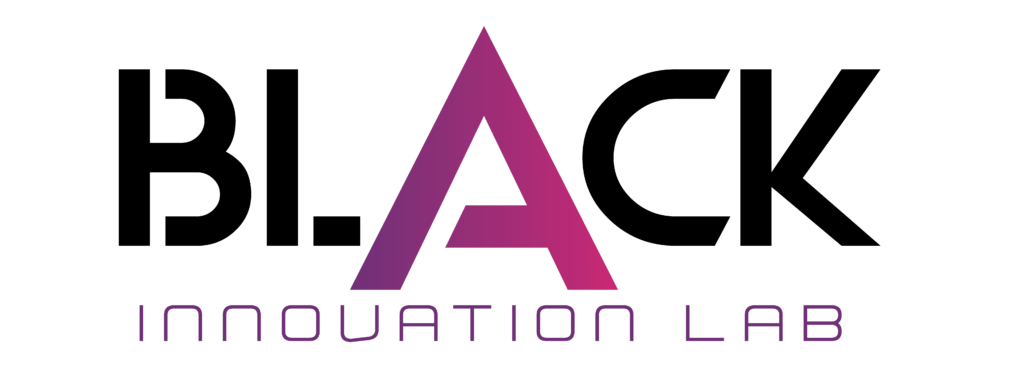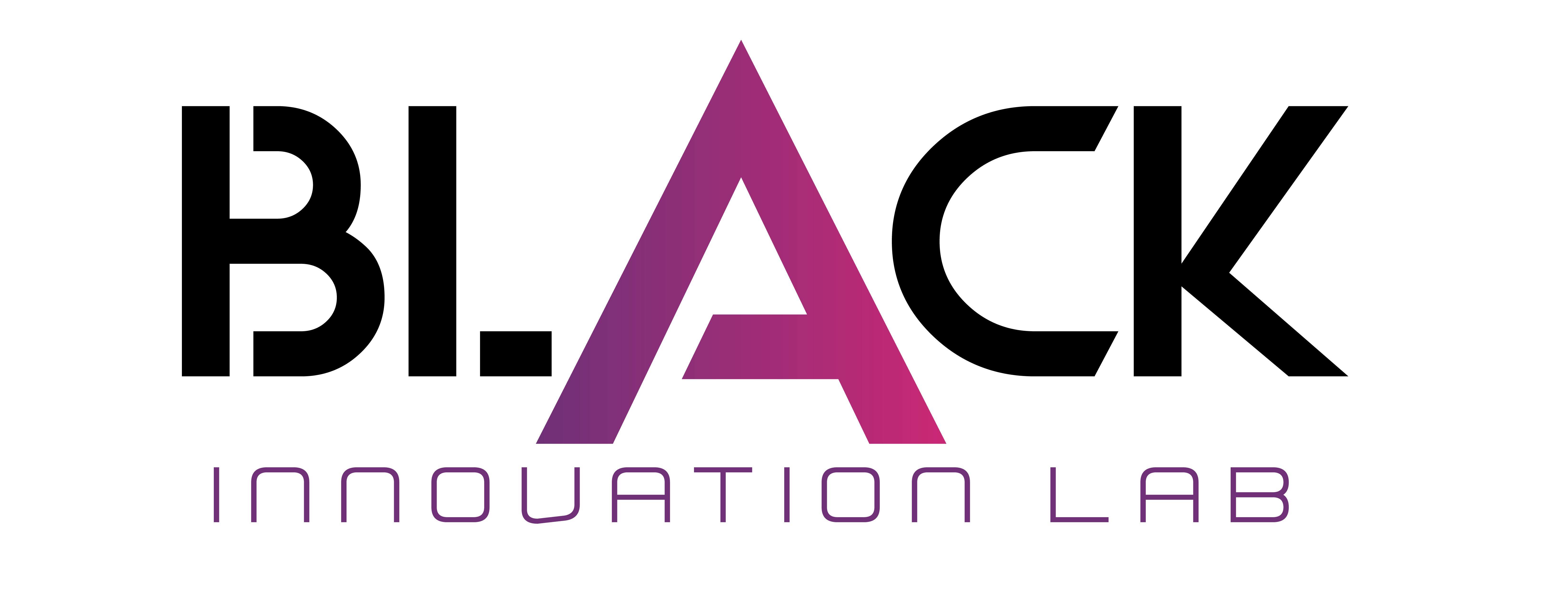An Interview with . . . Kimberly Bryant, founder and CEO, the Black Innovation Lab, and founder, Black Girls Code.
RON LATANISION (RML): Good afternoon, Kimberly. We’re thrilled you could join us for this conversation. We are very happy to talk with someone who is often described as a social innovator. I think that is a very nice label. Is that one you feel comfortable with?
KIMBERLY BRYANT: Absolutely. I think it appropriately describes how I have approached my work throughout my career to some extent but most certainly reflects my journey this past decade.
RML: Excellent. Let’s start at the beginning. Could you tell us a little bit about your history? I know that you received a degree in electrical engineering from Vanderbilt. What followed?
KIMBERLY BRYANT: : Interestingly enough, I sort of stumbled into becoming an engineer and into the STEM field. I was placed into an accelerated math and science pipeline program back in my middle school and high school years in the public school system in Memphis, Tennessee. Then, when I got to my senior year, I was very focused on going into law. I was obsessed with the courtroom. I had grown up watching the original Perry Mason, and I wanted to be a lawyer, maybe a civil rights attorney or something of that sort since I was also very much concerned with social justice and civil rights issues. But because I had been in this accelerated program for math and science, it was my guidance counselor who suggested that I might explore engineering as a career field. And I ended up going to Vanderbilt University, getting a full academic scholarship from Junior Achievement. That began my engineering journey.
I was originally a civil engineering major, primarily because I wanted to explore a field of engineering that was most proximate to direct human impact. I thought that that would be civil engineering. I quickly found out that it was not a good fit for me and my interests. I decided to switch into electrical engineering, because the field was growing and there were many practical applications, especially in the area of technology. And that is what enticed me to switch my major.
After I left Vanderbilt, my focus in engineering was power engineering as opposed to the more technology or software side of electrical engineering. When I left, I went to work for Dupont as a project manager in a chemical manufacturing facility in New Johnsonville, Tennessee. I stayed there for about five years, and then I moved to North Carolina to work in a consumer packaging industrial manufacturing facility at Philip Morris. I was still on the project engineering or management side of the business but in a high-speed manufacturing facility, which was my first introduction to the consumer product manufacturing field. I was there for a little under five years, and then I transitioned into the pharmaceutical and biotech industry, working first at Merck, then at Pfizer. In 2006 I moved to the Bay Area to work at Genentech. There, I always worked to build a site technology group within the manufacturing and engineering team, which would eventually lead me back to my technology roots.


